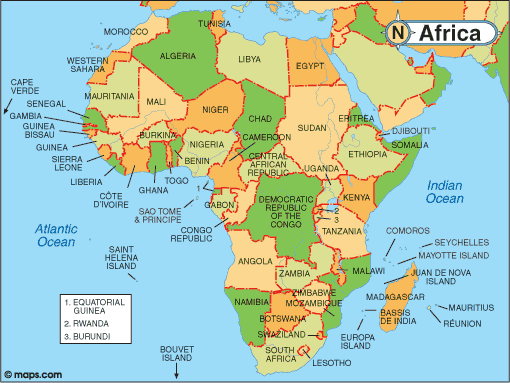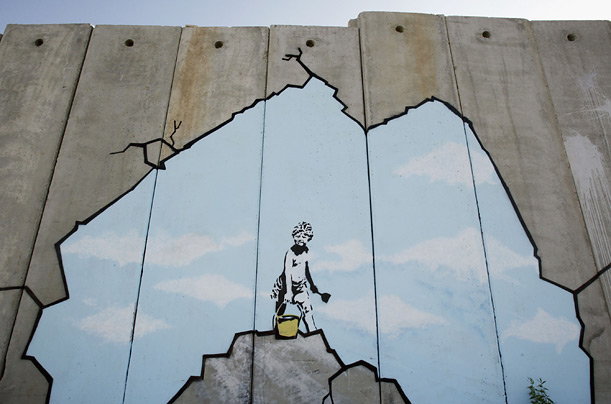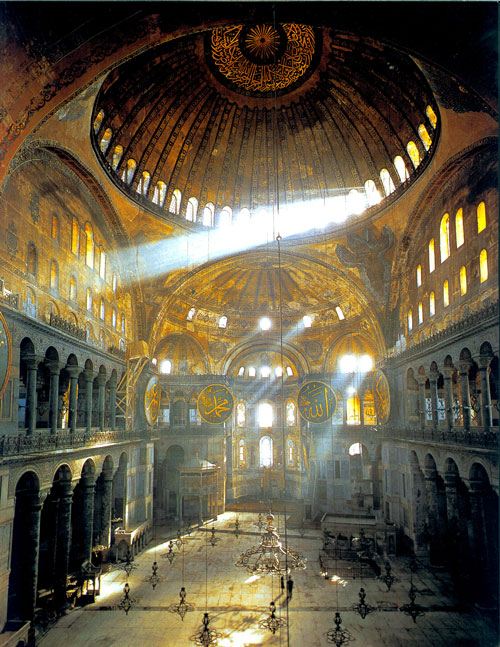- I showed students pictures from a trip I'd taken to the Balkans.
- Students reviewed the WWI documents from the previous lesson.
- Students listened to an interview with author Adam Hochschild regarding his new book about WWI. They then viewed a series of photographs from the war. Finally, they listened an excerpt (start at 55:00) about a Christmas truce between British and German troops. Students took notes and drew on this worksheet while they viewed and listened to the presentations.
- To end, they played a review game about WWI.
HOMEWORK:
MWH Chapter 13 - Wilhelm II and Vocabulary - DUE - Wednesday 1/4/12









